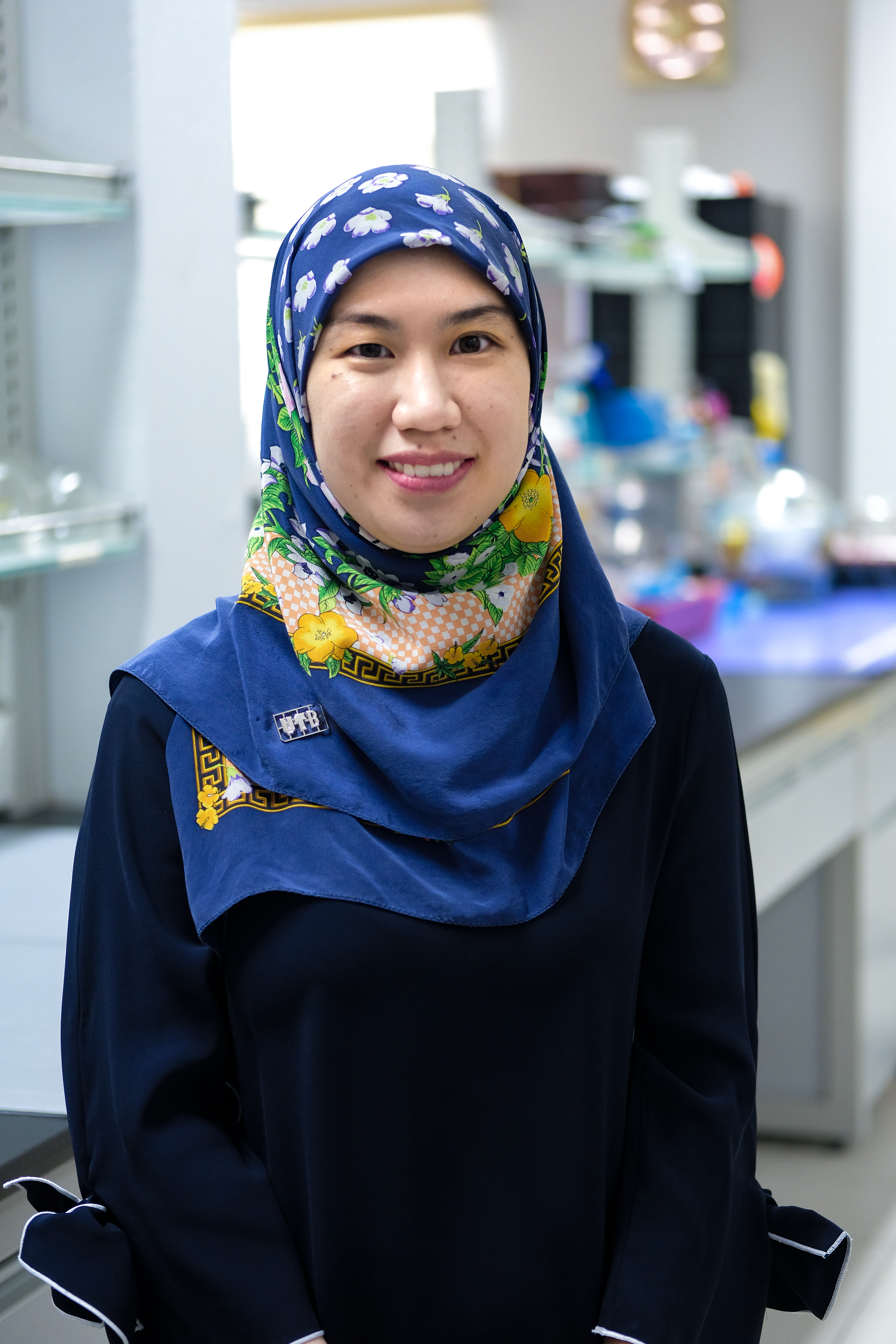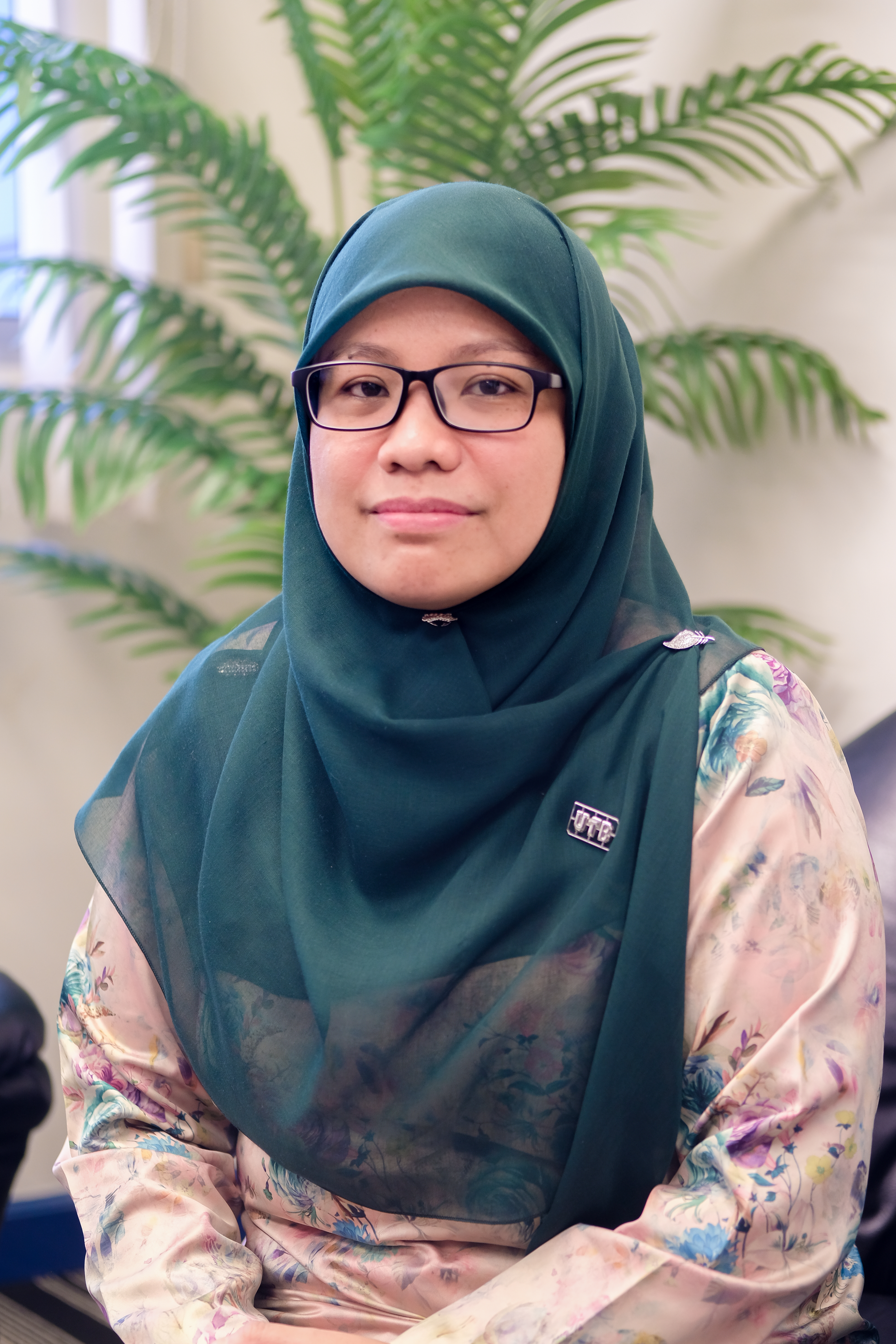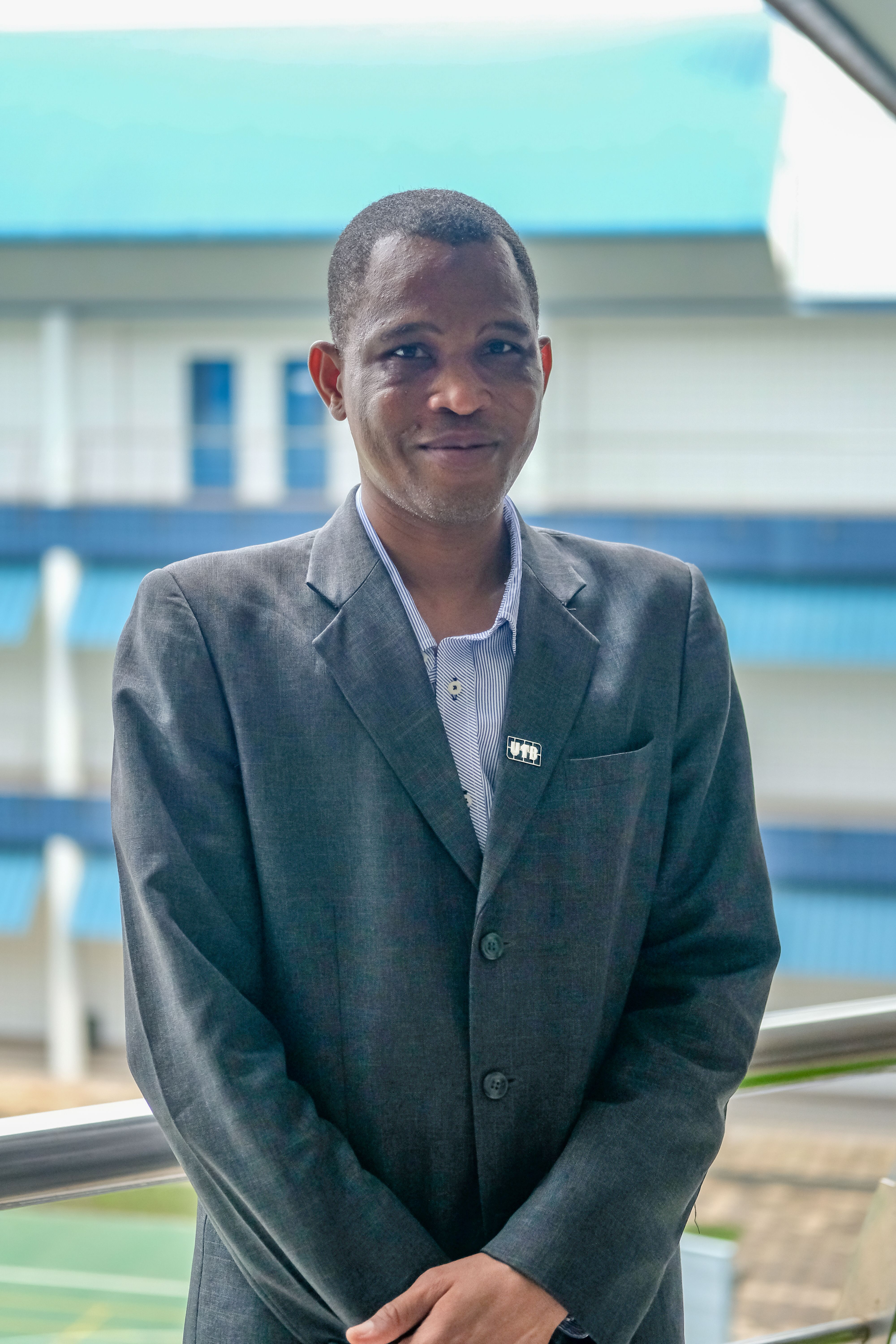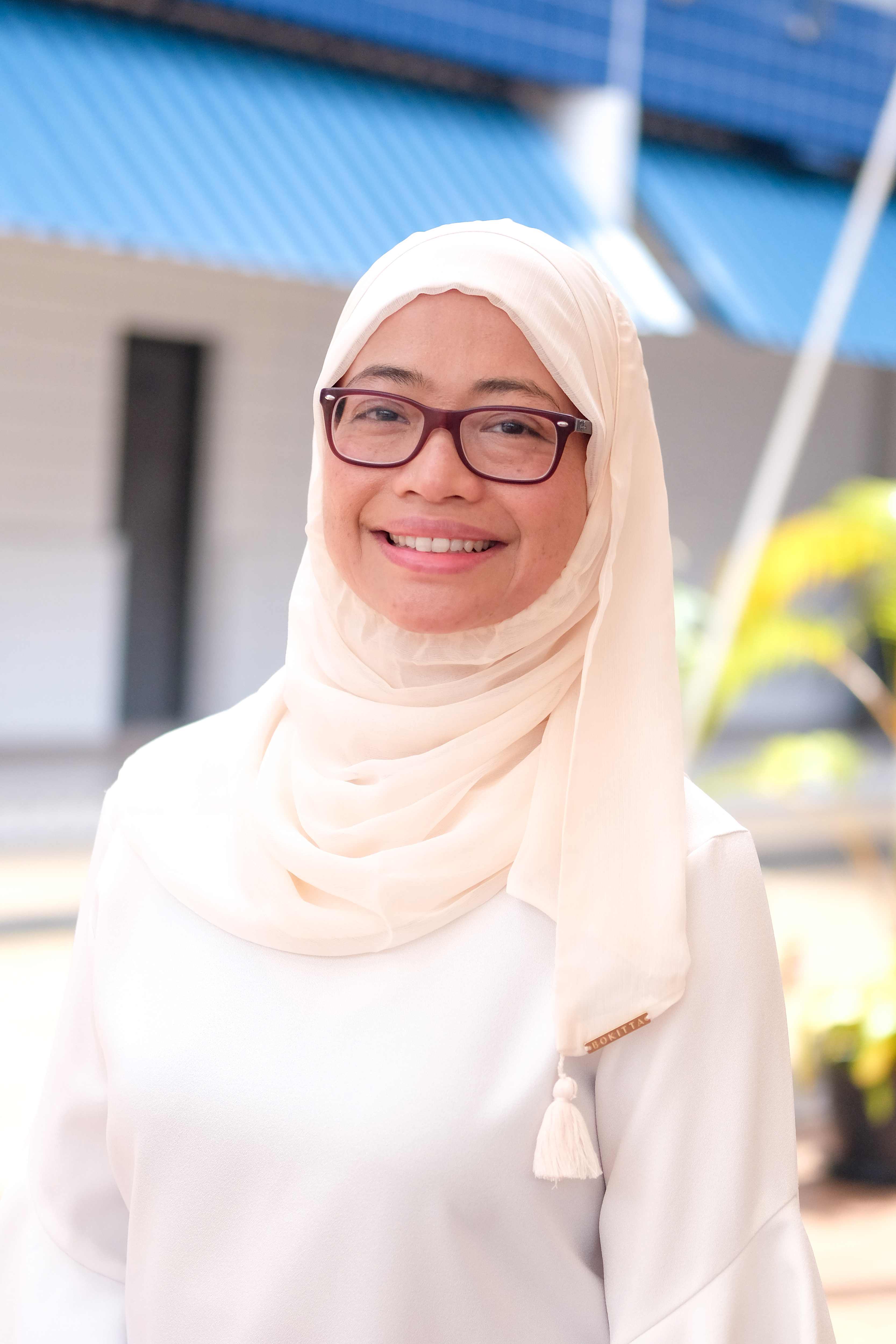The world is changing rapidly – from climate changes, increased health problems and even the Coronavirus pandemic. Evidently, this means that prudent alterations have to be made in overcoming these ever-growing issues, in order to ensure long lasting and sustainable results.
Keeping this in mind, UTB academics have long been incorporating a dynamic curriculum in both its programmes, as well as research which not only focuses on curbing the challenges of the changing world, but also provides students with core professional skills and knowledge beyond solely academic comprehension. This will in turn produce graduates equipped with the imperative expertise that can ensure a promising future, not only for the university, but also the nation as a whole.
Adapting UTB’s teaching style to promote visionary thinking
UTB’s Director of Tri-CEd, Dr. Hajah Roslynna Haji Rosli, found that technologies are rapidly changing, which means that Brunei needs to adapt to the evolving technologies so that learners are able to maintain and develop skills, in order to stay relevant. Furthermore, she expressed that educator should be encouraged to move away from the cultural expectation of spoon feeding, and instead produce graduates who are independent, capable of critical thinking and problem solving. Such essential qualities would be valuable assets in both the personal and professional lives of these individuals.
“I strongly support the university strategic objectives, especially in producing independent learners. As lecturers, we have the opportunity to instil quality and resilience in our graduates” said Dr. Roslynna.
In addition, Dr. Aida Maryam Basri, a Lecturer in Food Science and Technology believes that the efficient transfer of knowledge is essential when it comes to helping students develop. She is of the opinion that sharing research experience, as well as a hands-on comprehension for teaching, besides supervising students on analytical skills and knowledge, particularly in Chemistry go hand in hand. When it comes to imparting innovative skills and relating these theories to real world applications, trainees need to fully understand these theories and principles behind everyday matters in order to properly apply them.
Dr. Kabiru Maitama Kura, Assistant Professor of UTB School of Business said that by applying theoretical concepts to real-world situations, students will be able to benefit more in their overall learning experience. In addition, he also found that by making each class session more interactive, the students are participating more actively, which in turn leads to an improvement in their educational and academic journey.
“An interactive teaching strategy is more understandable and facilitates student participation in learning activities. Specifically, the use of case studies, brainstorming, role-playing, and videos to achieve optimal learning outcomes” said Dr. Kabiru.
UTB research and its contribution towards raising awareness
Dr. Roslynna has recently submitted a proposal on renewable energy production to the Council for Research and Advancement in Technology and Science (CREATES), while having three further Phd projects where she is currently researching tidal energy resources in Brunei’s water, in addition to two other projects on biomass energy technology.
When asked about these projects and how she thinks this research can potentially benefit not only the students, but also UTB and ultimately, the country, she responded by saying “I think many are still unaware of the unfolding climate disaster. The world continues to irresponsibly exploit the planet’s natural resources. We need to take action to ensure our future generation the luxury of at least a comfortable livelihood. As a technological university, UTB has a great opportunity to lead the technological innovations in the country towards a sustainable future.”
Additionally, she was involved with the drafting of the Brunei National Climate Change Policy and is one of the United Nations Framework Convention on Climate Change (UNFCCC) resource person for the ASEAN Need Based Finance on Climate Change.
Dr. Aida on the other hand, is actively involved in research projects revolving around the development of sustainable foods based on local medicinal plants. Apart from this, she is also studying antioxidants as well as anticancer activities in new functional food products, and how their formulation, physicochemical, phytochemical, nutritional, stability, and sensory properties can be further analysed to someday in the future incorporate them in medical treatments.
According to her, “the research has given awareness and insight to the postgraduate and undergraduate students of the university on the benefits of local medicinal plants. Initially, some of the students are not exposed to the vast number of medicinal plants that are available in the country. However, as they are involved in the projects, they become more aware and develop interest in local and exotic medicinal plants.”
Dr. Aida further explained that this type of research has led the students to become more interested in planting, particularly because preparing their own organic matter for such projects, rather than purchasing raw materials such as plants from the local market for instance, can save costs, while also being an environmentally friendly project.
“The final product from the research can also lead to several patents and commercialisation, as the research involves formulation, antioxidant analysis and sensory properties of new functional food products. This could lead to the health benefit and economic aspect of the country in relation to food industries. Overall, the research project significantly contributes towards achieving UTB’s vision to be global university impacting society, and in line with Brunei’s Vision 2035 – to be recognised for the country’s educated, highly skilled and accomplished people, with a high quality of life and a dynamic, sustainable economy.” she added.
UTB is actively collaborating with relevant strategic industries for its curriculum development and research.
“Since research is one of the crucial indicators for universities seeking global rankings, research projects with industries could add to our university research outputs in high-impact journal articles, leading to increased readership and higher citation counts. The output of this research could also be used as a teaching aid by those lecturers teaching Research Methodology Module, thereby facilitating teaching and learning. Consequently, it could assist the government in developing and implementing policies for the country” said Dr. Kabiru in regards to the question of whether he believes that his research can benefit the students of UTB, the university, as well as the country overall.
Preparing UTB graduates for the future
Assistant Professor, Dr. Rozia binti Haji Adenan, is currently teaching Architecture under UTB’s School of Design (SDe). She has previously worked in the field of architecture, resulting in an in-depth knowledge of the architectural sector and what to expect from it. Her work experience has made it possible for her to impart the expertise she acquired with her students on professional practice.
“Having been in the industry before this, I have a good perspective of what to expect when students start working after UTB, particularly as young architects. In that respect, the guidance in preparing them to be industry-ready is vital in my teaching” she said.
Dr. Aida on the other hand, added that she believes in instilling a sense of determination in the students of UTB because they are in fact the future of the country. Apart from being steadfast, being organised and motivated are associated together when it comes to completing tasks or possible challenges that may arise in the lives of the students who will one day help to improve Brunei in terms of its development and economy.
“Students are the next generation leaders. I myself am one of the UTB academics who is devoted to producing marketable graduates that will help build the economy, and are able to create ideas and solve problems through
research,” said Dr. Aida.






